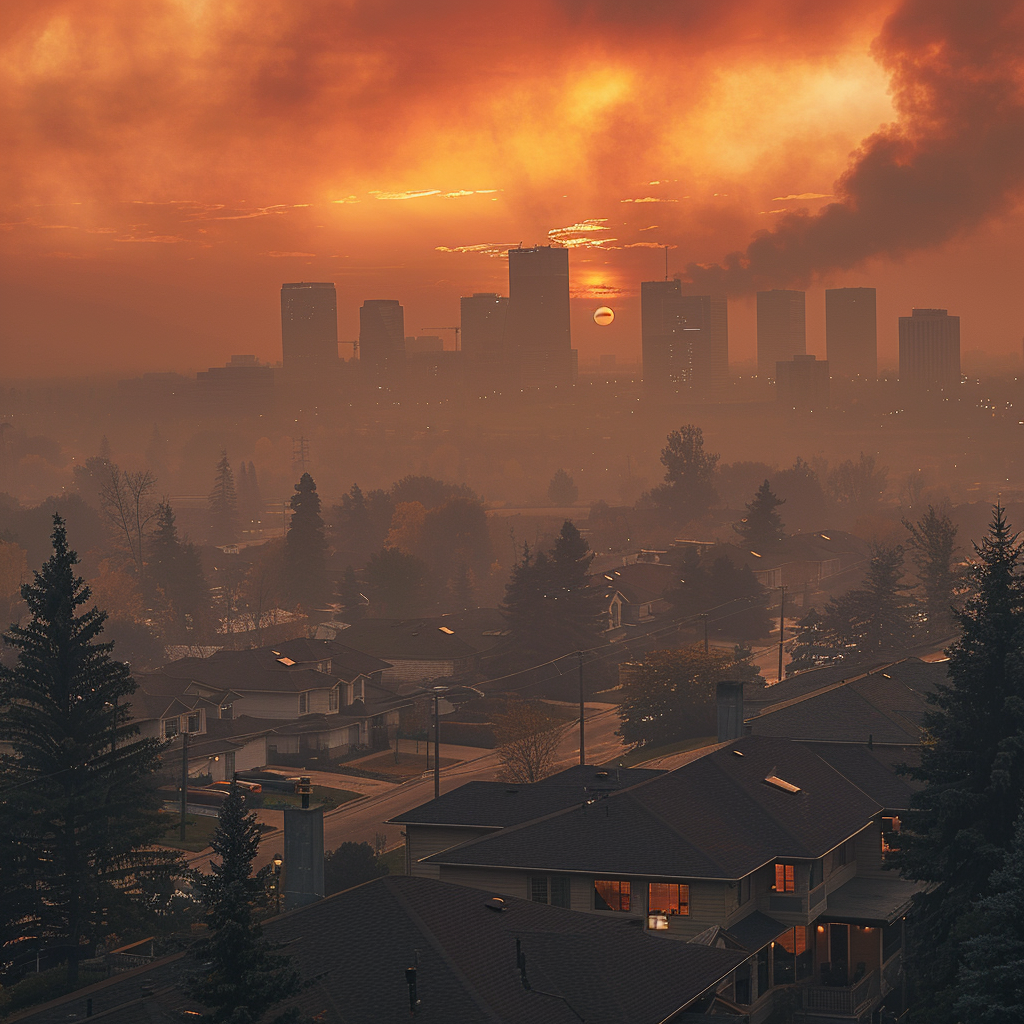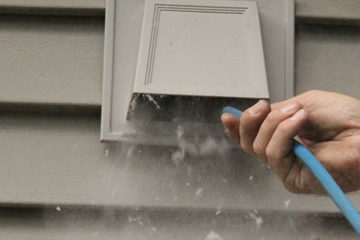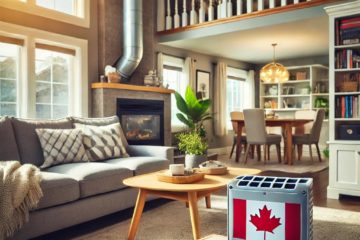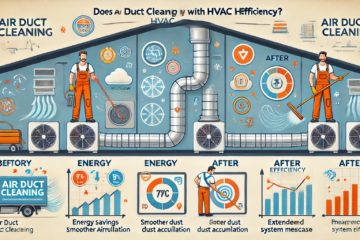During the week of August 12th-18th, Edmonton experienced fluctuating air quality, with periods of moderate to high levels of smoke in the air. The primary cause of this smoke is the ongoing wildfires in British Columbia and the Northwest Territories. These fires, driven by hot, dry conditions and strong winds, have been producing significant amounts of smoke, which has been carried into Alberta, affecting the air quality in Edmonton and surrounding areas.
Sources of Smoke in the Edmonton Area
The wildfires in British Columbia and the Northwest Territories have been particularly intense this year, contributing to the smoke that has been drifting into Alberta. These fires are part of a larger pattern of increased wildfire activity across Western Canada, a situation exacerbated by climate change and extreme weather conditions.
Protecting Yourself Indoors When Air Quality in Edmonton is Poor
Given the health risks associated with poor air quality, especially for vulnerable groups such as children, the elderly, and those with respiratory conditions, it’s important to take steps to protect yourself indoors:
- Keep Windows and Doors Closed: To prevent smoke from entering your home, keep all windows and doors shut. This helps maintain better indoor air quality.
- Use Air Purifiers: If possible, use air purifiers with HEPA filters to help remove particulate matter from the air inside your home. This can significantly reduce the presence of smoke particles.
- HVAC Maintenance: Ensure your HVAC system is properly maintained and consider upgrading to a high-efficiency filter. Regularly clean and replace your filters to ensure they are working effectively.
- Limit Indoor Pollution: Avoid activities that can worsen indoor air quality, such as burning candles, using fireplaces, or smoking inside.
- Monitor Local Air Quality Reports: Keep an eye on local air quality reports and health advisories. Websites and apps that provide real-time air quality data can help you decide when it’s safe to go outside or if you should stay indoors.
By following these precautions, you can reduce your exposure to harmful air pollutants and protect your health during periods of poor air quality.
For more detailed updates on air quality and health advisories, residents are encouraged to consult local health authorities and meteorological services.




